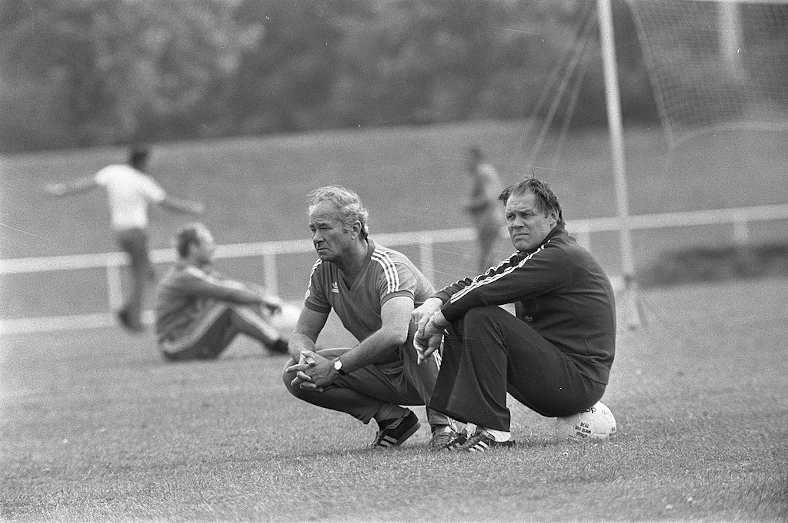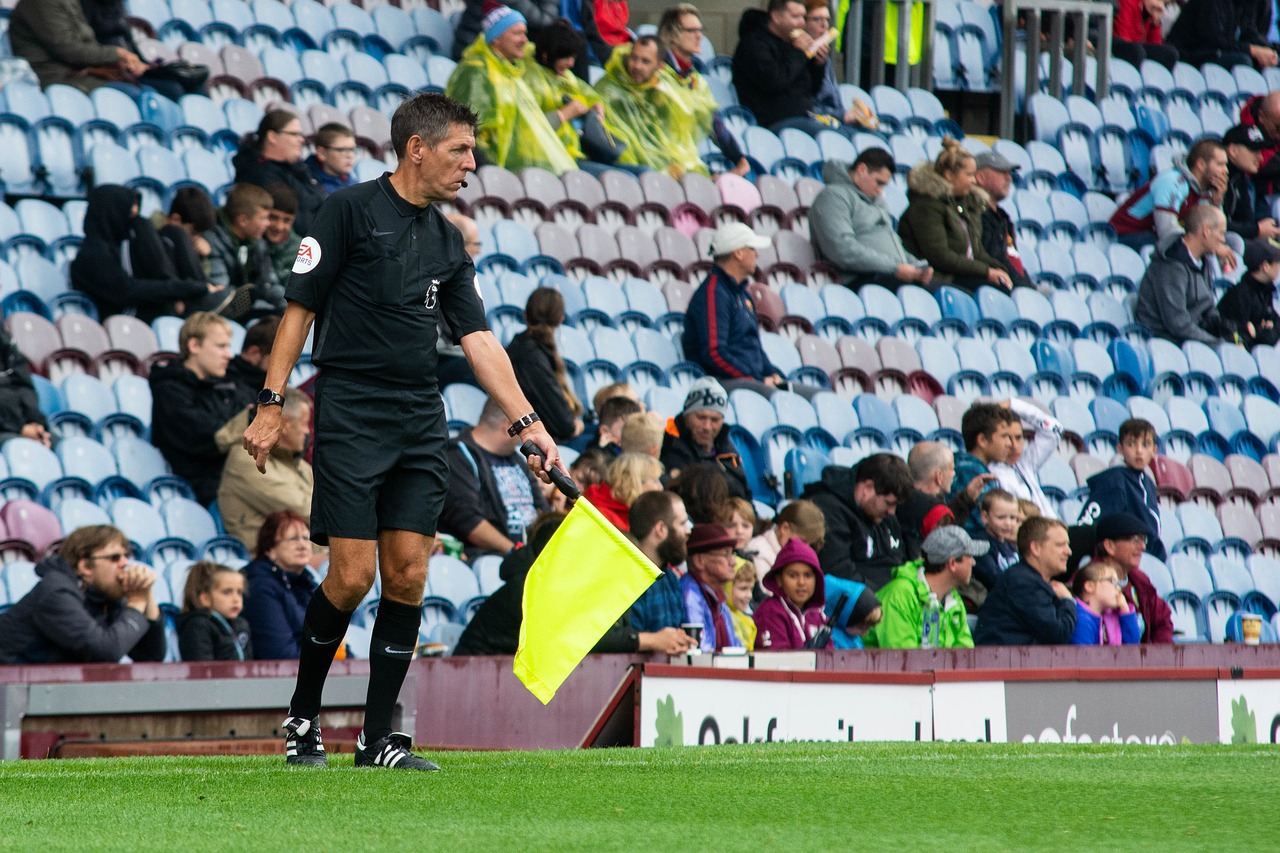5 attributes a football coach must have

Every football fan has an opinion on how their team should play and who should play for the team. But it doesn’t mean you can be a manager just because you love the game, watch a lot of it, and have an opinion. To be a football manager requires much more than knowledge or official qualifications. This post outlines the key attributes a football coach needs to be successful.
Playing experience
It is not uncommon to have parents coaching their kids’ football team even though they never step on a football pitch. It is often a case of not having anyone else who volunteers. However, in the formational years, you need someone who can teach the game’s basic skills and motivate kids to keep attending training.
Then, as you move into older categories, you need a manager that the players respect. This is the case even if you play in a Sunday league or any other amateur competition. Like in most professions, coaches lead thanks to the knowledge acquired through study, hard work and experience playing the game.
Experience in the field doesn’t mean a manager should have exceptional technical skills and success like Zidane or Guardiola. It means having enough game experience to know basic football skills, training methods, tactics and dressing room management. Take, for example, Jose Mourinho and Sir Alex Ferguson, two of the most successful managers in history. Neither have memorable careers as football players, but they did play the game at a level that was enough for them to learn the ropes of managing a group of professional players.
At an amateur level, this means that whoever you choose for your team to manage the group needs to have played at least enough amateur competitions to earn the team’s respect. At this level, they should still be able to read a game and understand how players should position themselves on the field.
Organisational skills
Showing up to a game without a plan is a recipe for disaster. The same applies to training sessions. If the coach doesn’t have a plan, exercises organised, points to discuss, etc., training sessions become a waste of time for everyone, and players will quickly lose respect for the coach. Even worse, players will stop showing up to training at an amateur level. Therefore organisational skills are a must-have attribute for any football coach.
Furthermore, a coach is a role model, and their hard work is contagious. Preparing training sessions, drills, and tactical talks will make training sessions more efficient and inspire players to do well. So, the manager should always be ready and arrive earlier than the players at training. This way, they can set up before the players arrive and, therefore, not waste time and focus on the training objectives by starting on time. If a manager is consistently late to training, players will get bored or even be impatient because the manager is not professional.
At the amateur level, life often gets in the way, and the coach doesn’t have time to prepare training sessions. If that becomes a regular event, it is time to find someone else with the time and energy required to organise the team.
Observation
By observing, managers can spot changes in training patterns, energy levels, and work rates. Being observant means more than just keeping your eyes and ears open. Managers need to be aware of what is not said and what is and pick up on body movements and tone of voice. A good coach pays attention and will not have to wait for somebody to tell him about a problem.
Sir Alex Ferguson increasingly delegated the training sessions to his assistant coaches as he got older. But he was always present, and he watched. He said during an interview that the switch from coaching to observing allowed him to evaluate the players and their performances better, that as a coach on the field, he couldn’t see everything.
This quality is helpful for training and preparing the team and is also crucial during a game. Coaches need to identify when a tactic is not working, a player is struggling, changing patterns in the opposition, etc. Top managers are aware of every little thing on and off the field. They are not watching the game like a spectator. For example, they sometimes are not even watching a play happening but looking at other areas of the field. They check what the opposition players far from the ball do, try to find weaknesses in the opposition formation, look for players showing signs of fatigue or injuries, etc.
Communication
Great coaches are excellent communicators. Many are good at it by nature, while others were very shy or quiet as players but had to improve this aspect of their personality to become coaches. However, being a good communicator doesn’t mean being chatty or loud. It is about delivering a clear and easy-to-understand message and being able to process feedback effectively.
An effective communicator is a good listener. Football managers should seek their team’s feedback, and one common way of doing this is by asking the players’ views after every game. However, discussing a game right after a game is finished is not a good idea. Emotions and adrenaline are high right after a game, so any analysis at this time will be skewed. Instead, it is better to have a constructive discussion in the following training session when everyone has a clear head. Good football coaches encourage the team to speak out and consider what the players say.
In addition, coaches must adapt their communication depending on the scenario or the player they’re communicating with. For example, in the middle of a game, when there is a lot of noise and the player may be far from their manager, short and loud instructions are needed. On the other hand, in the locker room, a normal voice and more descriptive instructions are used. Whatever the scenario, a coach must get the point across without harming morale or motivation.
Decision making
Decision-making is a fundamental element of any sport. Decisions in football occur in two very different settings: during training or preparations and at a game. The time constraints and information available differ in these contexts. While a coach may spend hours watching videos, preparing drills, selecting the starting team for a game, etc., the decision-making during a game requires quick analysis with little information and in real time. Thus, some coaches may be brilliant at preparing training sessions and selecting tactics and players, but at game time, they may not be that great, and vice-versa.
While we mentioned that experience playing the game is a desired attribute for any football coach, extensive technical knowledge of the sport may not be enough to win a game or a tournament. Good intuition and risk-taking are a big part of making decisions, particularly during a game where there is no time for a systematic way of making a decision.
Overall, the best coaches are assertive in their decisions and act with confidence and persistence.
If you are considering becoming a football coach or are looking for one, the list above is a start, but there are many more attributes you need to look for.
What do you think makes the perfect coach? We would love to know. Please leave your comments on our Facebook page.



